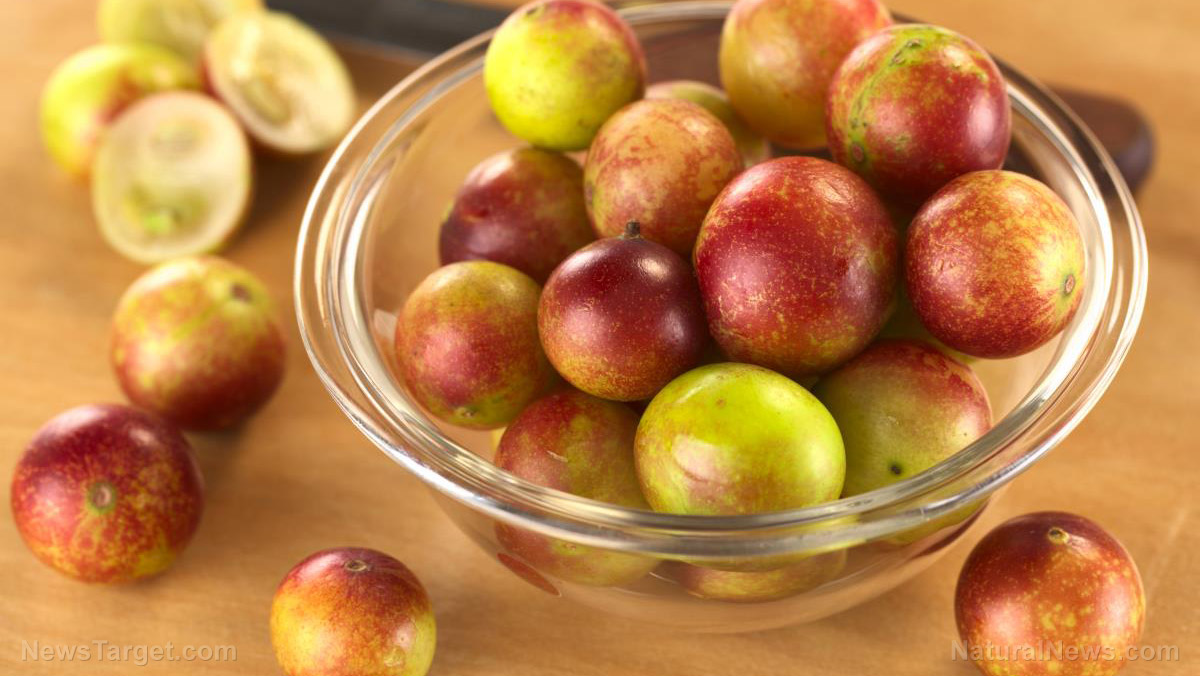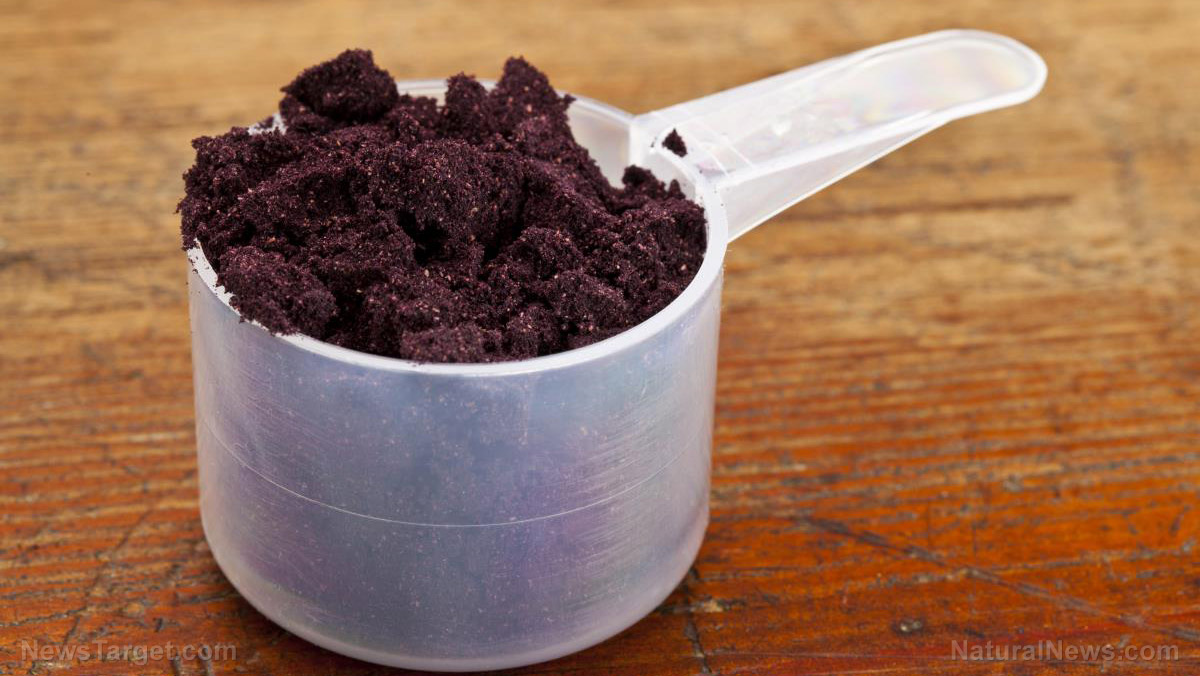Enjoy your meals: Taking pleasure in what you eat is good for your diet and overall health
11/25/2018 / By Zoey Sky

The typical health advice for the average American includes suggestions to eat more fruits and vegetables and to consume less saturated fat, sodium, and sugar. But according to an article by Alissa Rumsey, which was published on U.S. News, following “fun” health advice from other countries could be better for your overall health.
The benefits of enjoying your food
Rumsey explained that in Japan, one of the dietary directives is to “enjoy your meals,” which has an entirely different tone compared to common advice that often tells people to be careful about the food they eat. In the U.S., it’s common to struggle between eating healthily and enjoying foods that are often considered guilty pleasures.
However, evidence suggests that eating-related pleasure, enjoyment, and satisfaction are also crucial components of a healthy diet. Meanwhile, aside from social reasons, negative emotions linked to eating, such as fear, guilt, judgment, and shame, can affect your health and well-being.
This is what happens when you take the time to enjoy the food you’re eating.
You’ll boost your nutrient absorption.
The taste of your food affects nutrient absorption. Data from a study, which analyzed iron absorption when individuals from Sweden were given Thai food, and people from Thailand were given Swedish food, revealed that in both cases, participants absorbed less iron when they ate food from a different country. People absorbed more iron when they consumed food from their native country, which researchers posited that they enjoyed more.
100% organic essential oil sets now available for your home and personal care, including Rosemary, Oregano, Eucalyptus, Tea Tree, Clary Sage and more, all 100% organic and laboratory tested for safety. A multitude of uses, from stress reduction to topical first aid. See the complete listing here, and help support this news site.
The study also analyzed nutrient absorption when both groups were given the same meal that was blended into brown goo. During this part of the study, neither group absorbed much iron, probably because the food was unappetizing.
You’ll digest your food better.
The feeling of enjoyment prompts the parasympathetic nervous system to trigger its relaxation response. This system also sets off your digestion by relaxing the muscles in the gastrointestinal tract and increasing digestive juices. Eating delicious food that also gives you pleasure helps trigger digestion.
On the other hand, eating something you don’t particularly want or like, or food that makes you feel ashamed or guilty while eating it triggers the body’s stress response. This can partially shut down digestion, and it may also cause fat storage, gut issues (e.g., bloating, constipation, or diarrhea), and insulin spikes.
You’ll feel satisfied even if you eat less.
Feeling physically full and feeling satisfied are two different things. When you don’t get the pleasure you’re craving, the brain understands this missed experience as hunger. If you feel hungry, you’ll eat more until you’re satisfied.
Remember that satisfaction turns off the drive to eat. If you enjoy the food you’re eating, it’s easier to stop overeating when you’re full.
How can you “enjoy your meals?”
Follow these tips so you can enjoy your food and improve your overall health.
- Practice mindful eating. If you eat quickly, you’re robbing yourself of the chance to taste and enjoy the food. Savor your meals or snacks to get more pleasure from them. By practicing mindful eating, you’ll have an easier time determining when you’re already full since your stomach has more time to signal your brain that you’ve had enough. Mindful eating involves “using mindfulness to reach a state of full attention to your experiences, cravings, and physical cues when eating.” Eating slowly also makes it easier to stop overeating since you know you’re comfortably full. (Related: How mindfulness-based practices can help you lose weight.)
- List down all of the foods that you enjoy eating. Taste is one factor of enjoyment, but your enjoyment of food is also influenced by happy memories, smell, temperature, or texture.
- Ask yourself, “What do I really want to eat right now?” It may take you some time before you can answer this question, especially if you’re used to dieting, eating the same foods because you think you “should,” or if you’re following strict food rules. Try different food choices, then consider how satisfied (or unsatisfied) each option made you feel after every meal.
- Don’t label foods as bad, forbidden, or indulgent. Foods that you think are “bad” will always make you feel guilty for eating them, and your guilt may negate the pleasure that you would otherwise feel. Even if you’re eating food that you enjoy, if you consider the food as “off-limits,” you may overeat. Stop labeling food as “good” or “bad,” and be more neutral so you can make choices based on health, satisfaction, and self-care to effectively increase the pleasure you feel.
Eating well doesn’t mean obsessing about everything that you eat. To eat well, you need to educate yourself about the specific foods that you enjoy eating while also making sure that it tastes good and contains minerals and vitamins that can help your body become stronger.
You can read more articles with tips on how to eat well and improve your health by visiting Health.news.
Sources include:
Tagged Under: food and drink, happiness, how-to, Japan, longevity, meals, mental, mental health, mindful eating, mindfulness, obesity, overweight, parasympathetic nervous system, proper diet, proper nutrition, Psychology, slender, weight loss



















